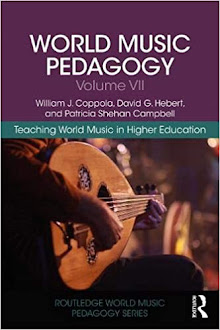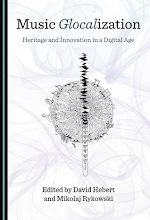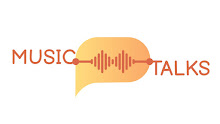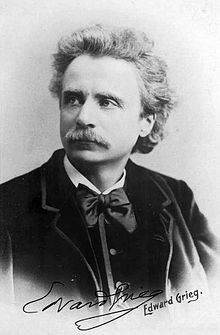- Are young people being attracted to making music via these games?
- Do music-games add value to or replace other ways that young people make and listening to music?
- Are young people making music, or learning about music, on consoles instead of on “traditional” instruments?
- Are people starting on games consoles, then going on to other more "traditional” music making methods?
- What can games developers and console and peripheral manufacturers do improve music-games?
A copy of the full report may be downloaded here:
Download Why console games are bigger than Rock and Roll
(709KB PDF)
Here is a link to a related article in the
In 1995 I conducted a study on karaoke and Japanese youth culture with sociolinguist Shigeru Taneda, the initial results of which were published in the Yamanashi Gakuin Journal of General Education. More than 12 years ago, Professor Taneda and I expressed our astonishment regarding the creative ways that Japanese youth were using many of the technologies that have only recently been popularized in North America, the UK and elsewhere. These include what was called in 1995 the Karaoke Battle Station, a device that assigned scores to competing singers, as well as games that required dancing, performance on taiko drums, and various rock instruments. Some of these music technologies have still not been marketed for personal ownership outside of Japan, and new devices have continued to be developed.
This is among the various topics that I will examine further during the summer of 2009 at Nichibunken, the




















No comments:
Post a Comment